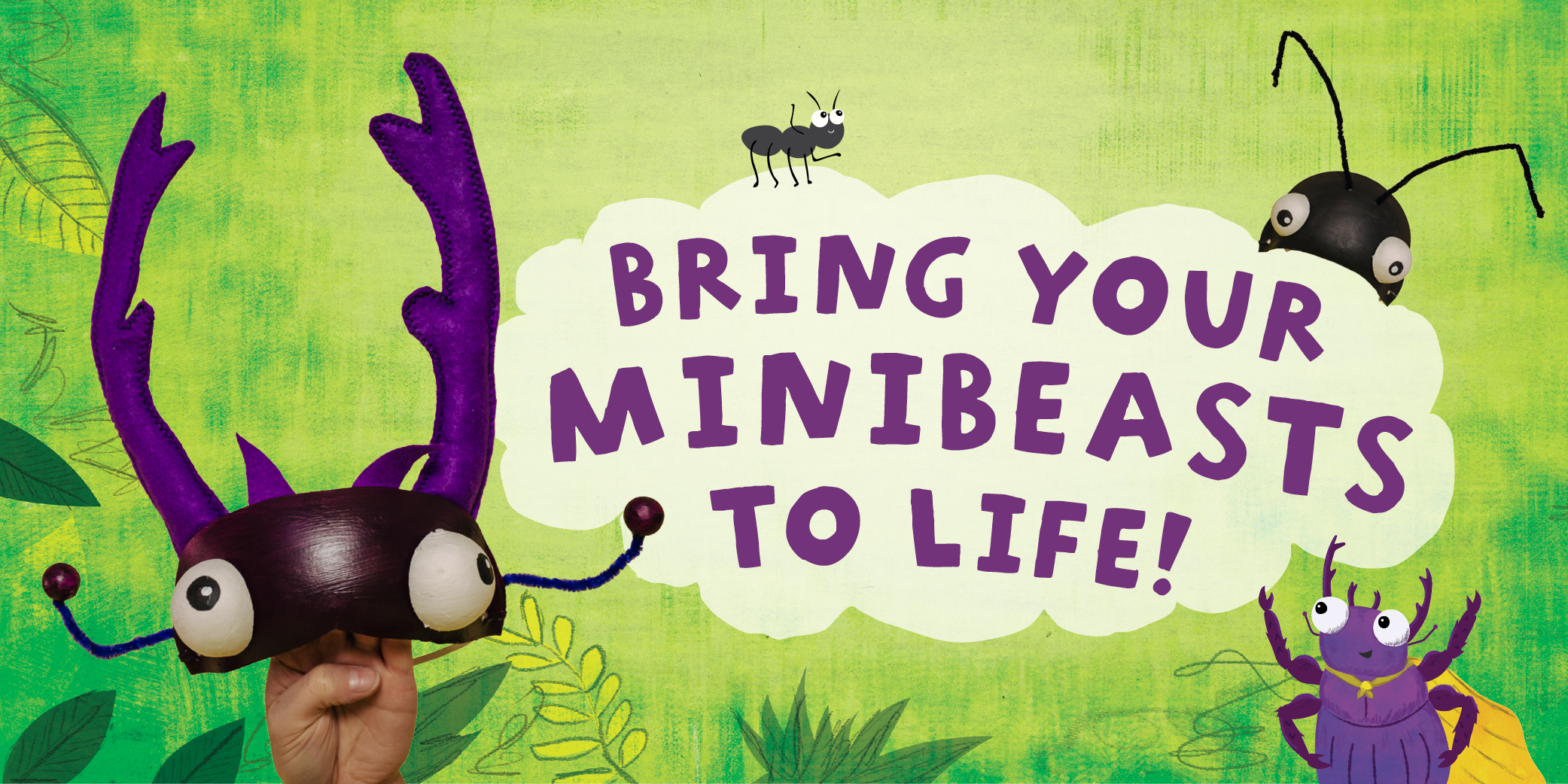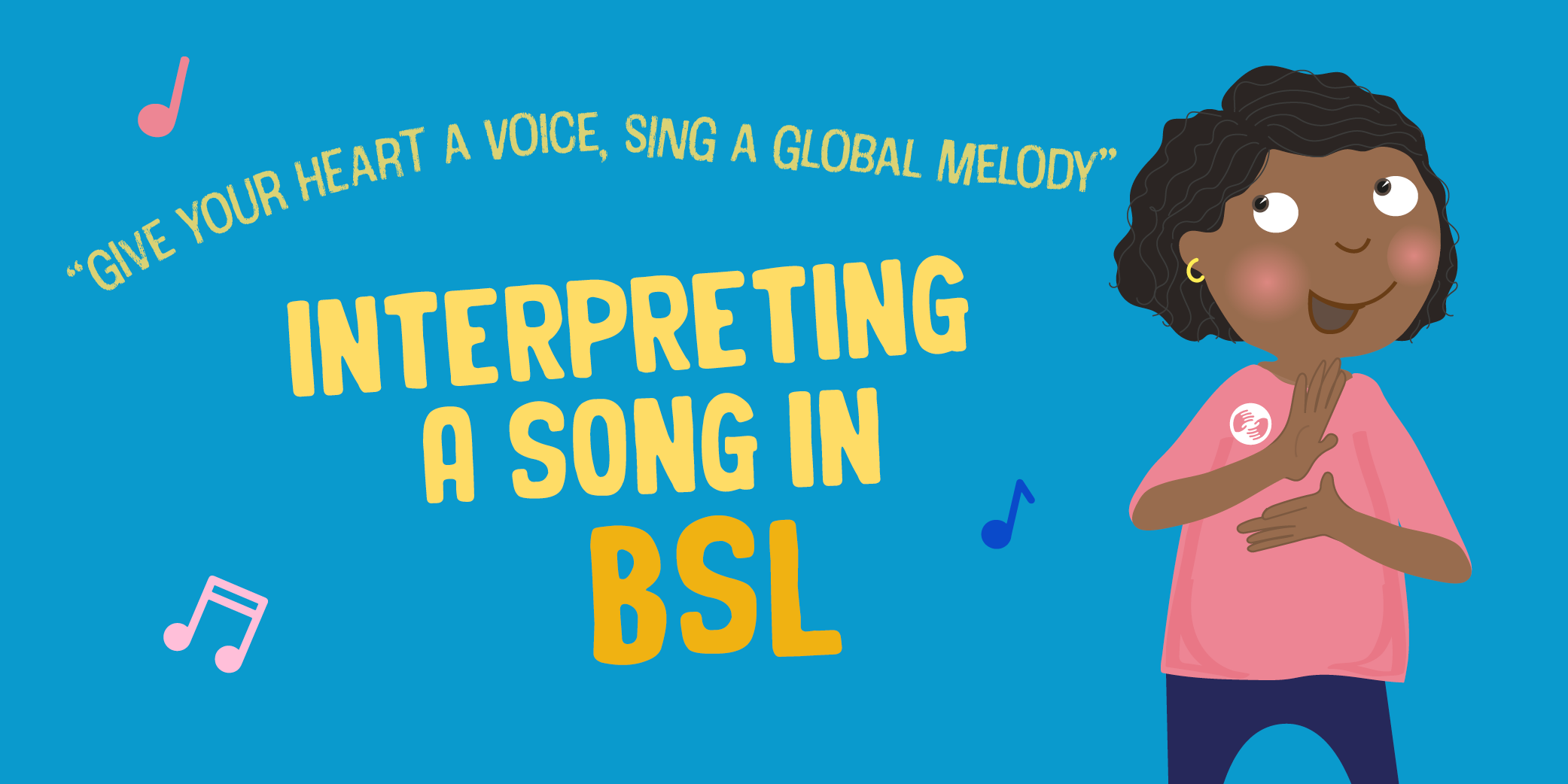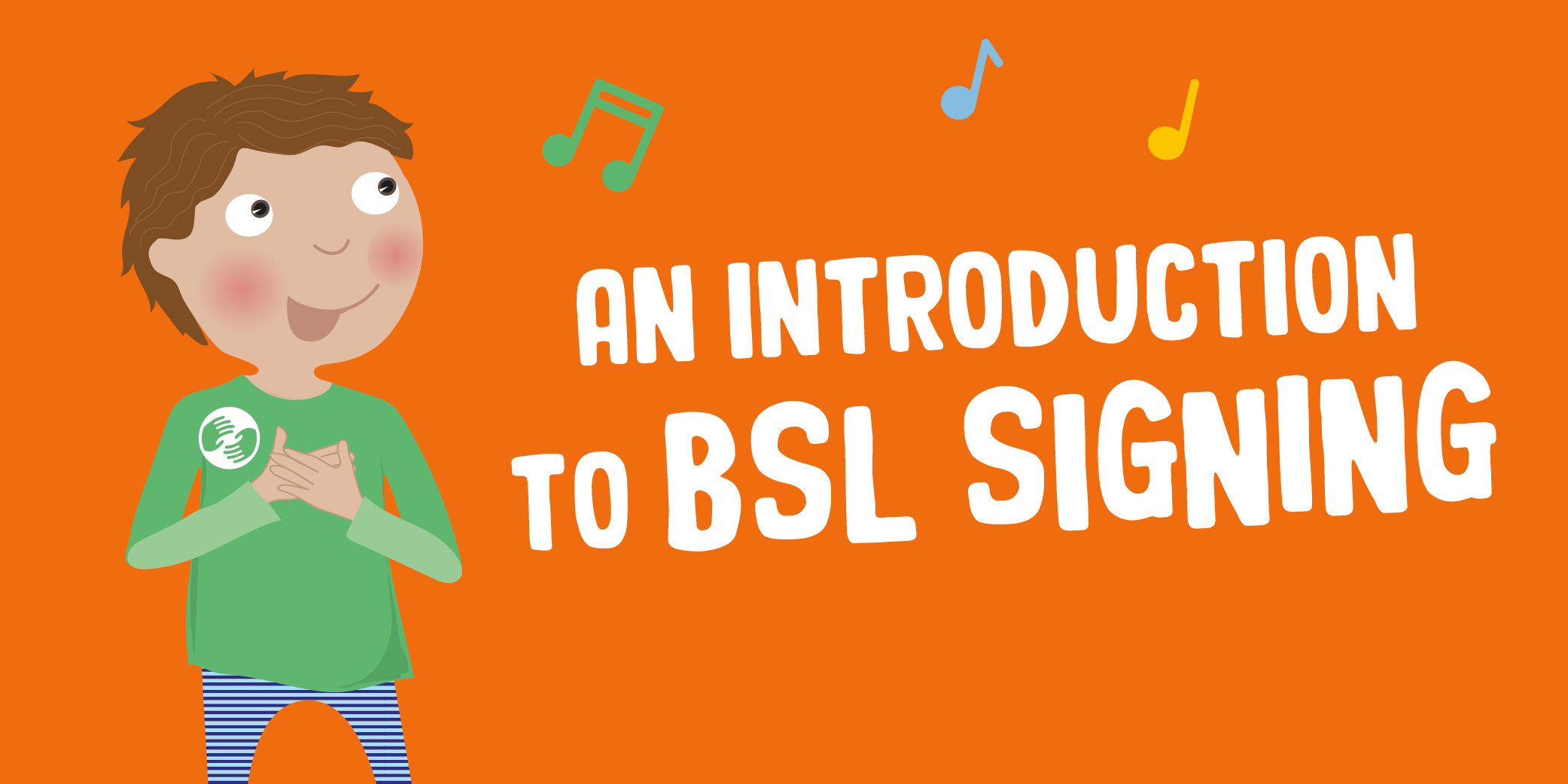
When we put our heads together to come up with some fun things to keep everyone entertained, educated and happy at home, we realised that April is a very special month – it happens to be the birth month of William Shakespeare! He was born on the 23rd April in 1564, so we thought it might be fun for children to try to ‘talk like Shakespeare’. Let’s start with a rousing chorus of: ‘Happy birthday to thee, Happy birthday to thee, Happy birthday dear William, Happy birthday to thee!’
William Shakespeare is one of the greatest playwrights ever known and he is credited with introducing a great many new words and phrases into the English language, (heart of gold/green-eyed monster/mum’s the word), so learning to talk like him is a worthwhile pursuit. Here are some ideas to try out at home.
Practice Maketh Perfect
- Try adding ‘…eth’ to the end of verbs (doing words) to add a Shakespearean flavour to your conversation.
I goeth to my room to sulketh in peace!
- Replace ‘you’ with ‘Thee’ or ‘Thou’
Thou must be joking!
I loveth thee!
- Use some of the following words throughout the day:
- Alack! An expression of dismay, sorrow or regret
Alack! I have eaten my last piece of chocolate! - Fie! Used to express annoyance or disapproval
Fie, Mother! Tell (insert name of culprit) to stop annoying me! - Prithee! Meaning ‘Please’ or ‘If you don’t mind’
Prithee, passeth me the ketchup! - Marry! This can be used at the beginning of a sentence to mean ‘Listen’ or ‘Well’
Marry, Cousin, did thou heareth about (insert relevant piece of gossip here)? - And one of our favourites, from ‘Hamlet’ – a poetic way of saying ‘Be quiet!’:
O, speak to me no more; these words like daggers enter in mine ears
- Alack! An expression of dismay, sorrow or regret
Iambic What?
Iambic pentameter is the name given to the rhythm that Shakespeare uses in his plays. The rhythm of iambic pentameter is like a heartbeat, with one soft beat and one strong beat repeated five times. (10 syllables or ‘beats’ in all.) The bold syllables are the ones you should stress.I wonder what my friends will do today.
The rhythm also sounds like the ‘clip clop’ of a horse’s hooves, so why not make up some sentences and then canter around the room, saying them out loud. If you have two halves of a coconut or two empty yoghurt pots to make the sound, all the better!
Try:
I am the greatest there has ever been!
The dog sat on the log and barked a lot.
- Why not record yourself and share with friends?
How ART Thou?
- Find an interesting Shakespeare quote and either copy it or print it out, in an interesting font, then make and decorate a cardboard frame and frame it to display on your wall
If music be the food of love, play on is a very well-known one.
All’s Well That Ends Well!
At the end of your ‘Shakespearean day’ you could watch:The Tempest Lego
CBBC ‘Shakespeare’s Deaths’ chart
Or find out more about Shakespeare week here where you will find lots of resources and activities.
Click here to discover our Class Assembly:William Shakespeare – a perfect mini-musical with cross-curricular ideas and songs to learn facts from.
Written by Sue Langwade – Guest Writer for Out of the Ark Music




